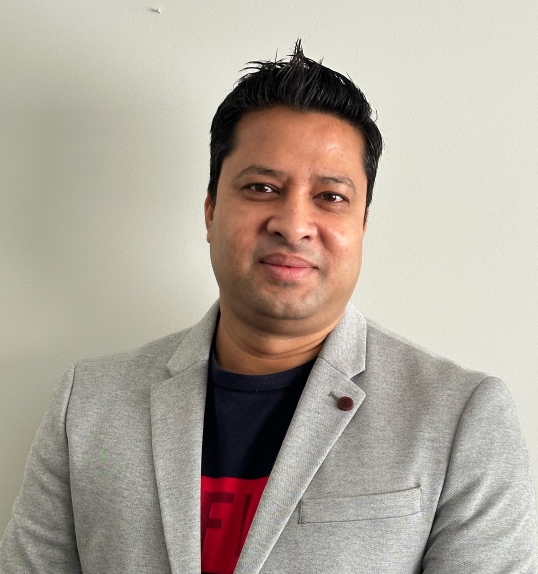
Dr. Rahman is an Associate Professor in the Department of Computing Sciences at Thompson Rivers University, Canada. His primary research area is in wireless sensor networks that have applications in a variety of areas such as education, healthcare, agriculture, industrial automation, etc. As a team lead, he has successfully conducted research in many different emerging wireless technologies such as Radio Frequency Identification (RFID), wireless ad hoc networks, Near Field Communication (NFC), Smartphone architecture, and cloud-based mobile platform. He has published numerous scholarly articles in international journals.
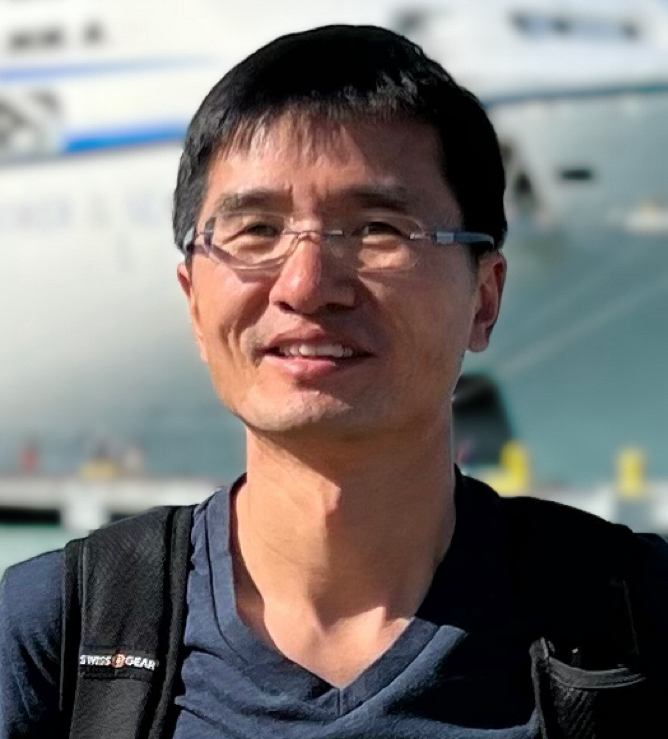
Dr. Qiang Ye is a Professor in the Faculty of Computer Science at Dalhousie University, located in Halifax, Nova Scotia, Canada. His academic journey includes earning a Ph.D. degree in computing science from the University of Alberta in 2007, following his M.Eng. and B.Eng. degrees in computer science and technology from Harbin Institute of Technology, Harbin, P.R. China. Dr. Ye's research areas encompass Mobile and Wireless Networks, Internet of Things (IoT), Network Security, and Machine Learning, showcasing his extensive expertise in cutting-edge technologies and their applications in solving real-world problems. He has published extensively in his fields of expertise, contributing significantly to the body of knowledge in computer science and engineering.

Dr. Rahman is the leader of ‘Spatiotemporal Data Analytics’ team in Data61/CSIRO. He leads a team of data scientists who specializes in development of statistical and machine learning algorithms for analysing temporal/spatial/spatiotemporal data. His key research area is Applied Machine Learning. Some of his recent research projects involve: Movement analytics based on indoor trajectory data, Surrogate modelling for physics based simulations, forest cover segmentations, and standardization of building metadata based on time series electrical signals. Dr. Rahman received his Ph.D. degree in Information Technology from Monash University, Australia in 2008. He has published over 100 peer-reviewed journal articles, book chapters and conference papers.
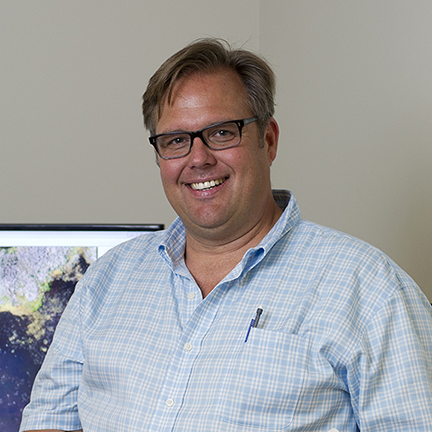
Dr. John Church is an Associate Professor in Natural Resource Science at Thompson Rivers University in Kamloops, British Columbia as well as TRU's BCIC Regional Innovation Chair in Cattle Industry Sustainability. Dr. Church earned his PhD in Agriculture from the University of Alberta, studying the effects of production practices on the behavior and management of cattle, elk and bison on farms. Dr. Church now leads a multidisciplinary research team at TRU dedicated to the exploration and invention of innovative practices and technologies leading to the sustainability and enhancement of the cattle and bison industry, rangelands, meat production and related products.

Dr. Michael Zastre is an Associate Teaching Professor in the Computer Science Department at the University of Victoria, Canada. He holds a Ph.D. from the University of Victoria, showcasing his deep connection and contribution to the institution's academic community. Dr. Zastre's research interests primarily focus on systems programming, operating systems, and computer architecture, as well as pedagogical approaches within computer science education. His academic contributions extend to exploring effective teaching methodologies and integrating practical, hands-on experiences into computer science curricula, aiming to enhance learning outcomes for students in these complex and foundational areas.

Dr. Farjana Z. Eishita is an Assistant Professor in the Computer Science Department at Idaho State University, USA. She completed her Ph.D. in Computer Science from the University of Saskatchewan, Canada. Her research interests lie at the intersection of augmented/virtual reality, video games and player experience, human-computer interaction, and serious games. Dr. Eishita's work focuses on leveraging these technologies to enhance learning, training, and health outcomes through engaging and interactive experiences. Her publications highlight her contributions to these areas, showcasing her commitment to advancing the field of computer science through innovative research and application of augmented and virtual reality technologies.
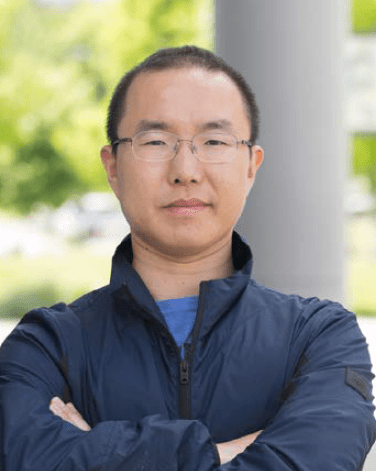
Dr. Ning Lu is an Assistant Professor in the Department of Electrical and Computer Engineering at Queen's University in Kingston, Ontario, Canada. He also holds the prestigious position of Tier 2 Canada Research Chair in Future Communication Networks. Dr. Lu's academic credentials include BEng and MEng degrees from Tongji University, Shanghai, China, and a Ph.D. degree from the University of Waterloo, Canada. His research specializes in real-time scheduling, distributed algorithms, reinforcement learning, and design protocols for next-generation communication networks, demonstrating his commitment to advancing the field of future communication technologies. He has published more than 40 papers in top IEEE journals and conferences, including IEEE/ACM Transactions on Networking, IEEE Journal on Selected Areas in Communications, ACM MobiHoc, and IEEE INFOCOM, etc.

Dr. Piper Jackson is an Assistant Professor of Computing Science at Thompson Rivers University, with a Ph.D. from Simon Fraser University (SFU) where he concentrated on computational models of social behavior. His research delved into unique areas such as analyzing the movement patterns of car thieves and understanding how people disseminate health knowledge. As a member of the AGE-WELL research network, Dr. Jackson is at the forefront of investigating how technology can enhance the independence and well-being of older people in Canada. His current research interests are centered on the application of machine learning to healthcare data, aiming to improve simulation and prediction methods. This work underscores his commitment to leveraging technology for societal benefit, particularly in the healthcare domain.
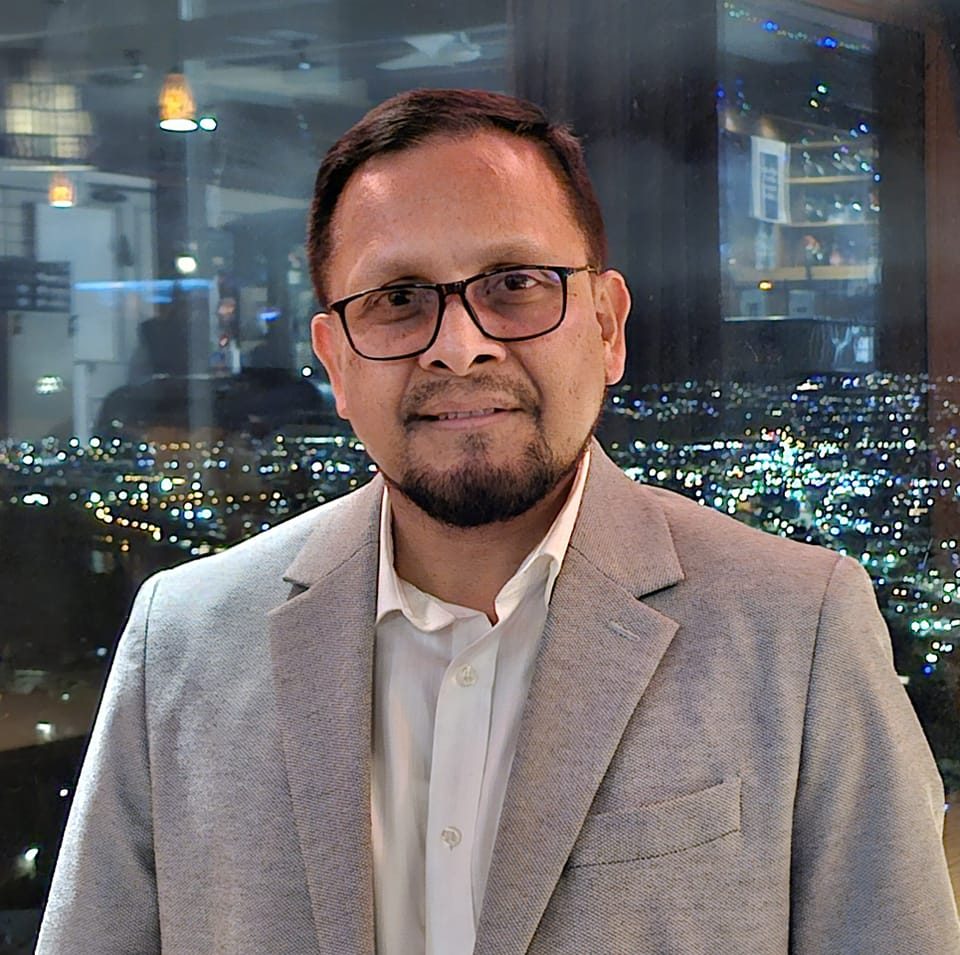
Dr. Ahmed is an Associate Professor in the Department of Architectural & Engineering Technology at Thompson Rivers University, Canada. He is also a member of the organizing committee and the track chair of the Engineering track of GCTIM. His research interests are mainly in the areas of Civil and Structural Engineering. In particular, the area of his research includes but not limited to Innovative Composite structures, Light-Weight and Thin-walled structures, Strengthening of structures with FRP materials, Seismic design and construction, Numerical modelling of structural problems, and Use of industrial waste materials in concrete. He has published numerous scholarly articles in international journals and proceedings.
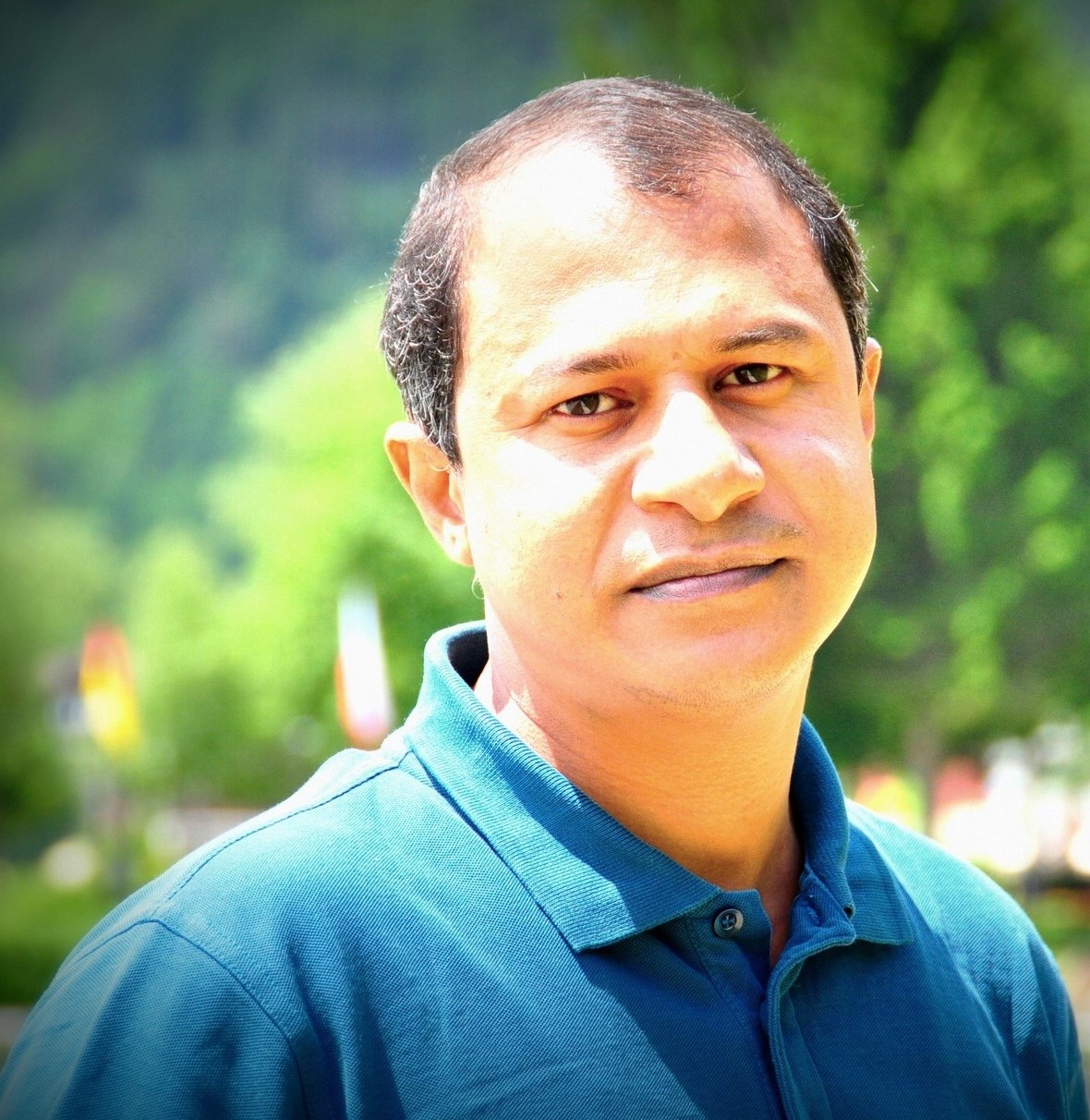
Dr. Tabin Hasan is a distinguished professor and the Head of the Graduate Program in Computer Science at American International University-Bangladesh (AIUB). He earned his Ph.D. from the University of Trento, focusing on areas that blend technology with societal impacts. Dr. Hasan's expertise spans several critical domains, including computational models of social behavior, with a particular interest in applying technological solutions to real-world problems. He is actively involved in research that intersects with both technology and social sciences, exploring innovative ways to address challenges through computational methods. His commitment to academic excellence and research is evident in his role at AIUB, where he contributes to the development of the next generation of technologists and researchers.